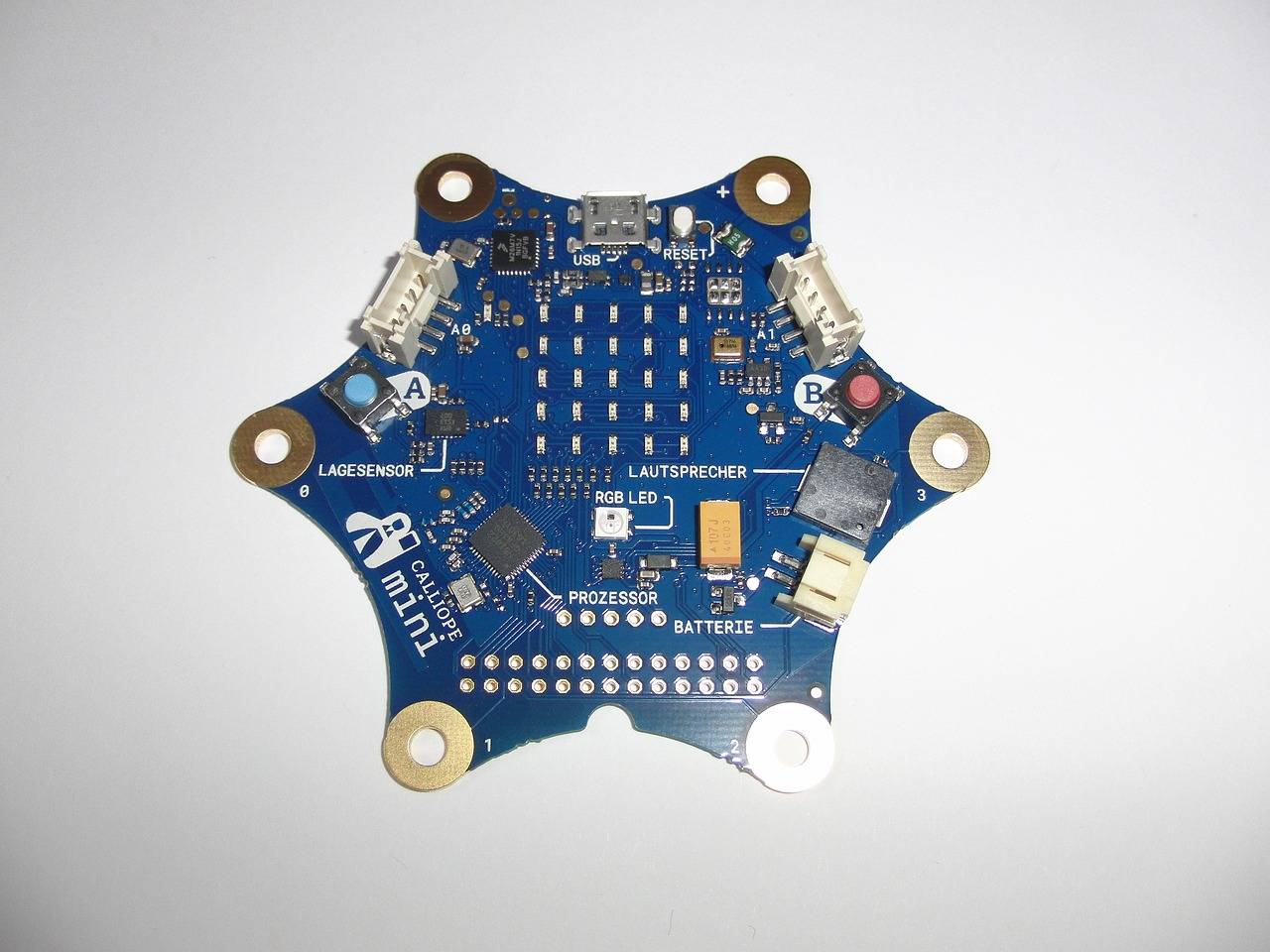The Evolution of Online Degree Programs
Distance learning has a rich history that dates back to the 18th century when correspondence courses were first introduced. These early forms of distance education allowed individuals to receive educational materials through mail and complete assignments independently. The advent of radio and television in the 20th century further revolutionized distance learning, as educational programs could now be broadcasted to a wider audience.
With the rise of the internet in the late 20th century, distance learning underwent a significant transformation with the emergence of online education. This shift enabled students to engage in virtual classrooms, access resources online, and communicate with instructors in real-time. The evolution of distance learning continues to evolve as technology advances, providing more flexible and accessible educational opportunities for learners around the world.
Early Beginnings of Online Education
One of the earliest forms of online learning can be traced back to the 1960s when the University of Illinois introduced the PLATO system, which allowed students to access educational materials and resources remotely. This marked a significant milestone in the evolution of distance education, setting the stage for the development of more advanced online learning platforms in the years to come.
The inception of the internet in the 1990s revolutionized the field of online education, making it more accessible and convenient for learners worldwide. Universities and academic institutions began offering online courses and degree programs, catering to a diverse range of students who preferred the flexibility and convenience of virtual learning. This marked a significant shift towards a more inclusive and tech-savvy approach to education, paving the way for the widespread adoption of online learning in the digital age.
What is the evolution of distance learning?
Distance learning has evolved from traditional correspondence courses to online education platforms that offer interactive and engaging learning experiences.
When did online education first begin?
Online education can be traced back to the 1980s when universities started experimenting with delivering courses via the internet.
How has online education changed over the years?
Online education has evolved significantly with advancements in technology, offering a wide range of courses and programs from various institutions around the world.
What are the benefits of online education?
Online education offers flexibility, convenience, and accessibility to a wider range of students who may not have access to traditional classroom settings.
Are online degrees considered as valuable as traditional degrees?
Online degrees are becoming increasingly recognized and accepted by employers, as long as they are obtained from accredited institutions.
How can I ensure the online education program I choose is legitimate?
To ensure the legitimacy of an online education program, make sure to research the institution’s accreditation, reputation, and reviews from students who have previously enrolled.






